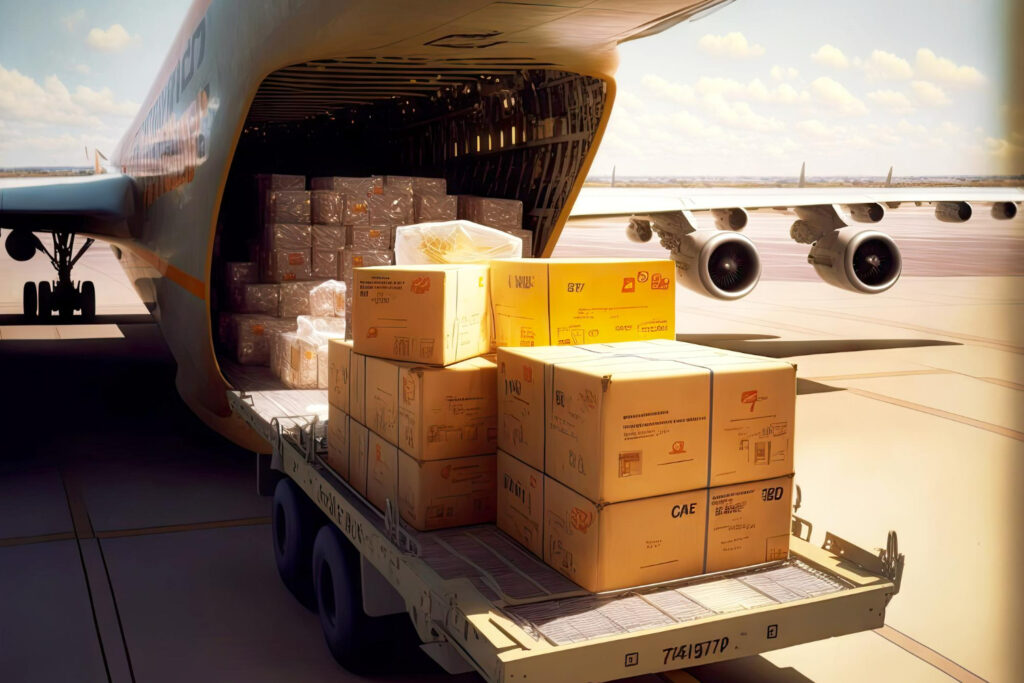The Role of Air Cargo in Driving Global Logistics

The modern world of global shipping simply wouldn’t be possible without the involvement of aviation. The transportation of goods through the air has revolutionised delivery speeds, enabling us to dispatch products at unparalleled rates.
Now, let’s delve into a detailed exploration of the paramount advantages that air cargo brings to the forefront.
Rapid Transit Times
An aeroplane is invariably the fastest vehicle available for any given shipment. Consequently, goods shipped via plane can cover vast distances in just a single day. In cases where goods are highly perishable, or urgently required, air transport is therefore essential.
We might think, for example, of an emergency situation where food and medical supplies need to be rapidly dispatched to corners of the world where transport infrastructure is not available.
There may also be instances where a customer wants a product to be delivered to a certain part of the world as quickly as possible, and is willing to pay to make it happen. Shipping luxury and performance vehicles often requires a specialised service, which is where automotive air charter services play a pivotal role.
Global Connectivity
Through air cargo networks, it’s possible to connect just about every location in the world without major bottlenecks. Around the world, major airports act as points of connection and refuelling for cargo planes. Crucially, we’re left far less reliant on underlying infrastructure than we would be with other forms of transport. Roads and rail lines can be damaged and rendered impassable – but the same kinds of delay don’t tend to be a problem for those shipping through the sky.
Temperature Sensitive Cargo
What if we need to refrigerate the goods we’re shipping? Fresh flowers and exotic fruits and vegetables often need to be kept at specific temperatures throughout their journey. Failure to do this can cause the value of the cargo to rapidly plummet as it spoils in transit. In the case of pharmaceutical products, a lack of temperature control can actually be dangerous.
Naturally, it’s possible to refrigerate the products we’re shipping via sea – but since the transit times are lower when we use air travel, the potential for decay and spoiling is much lower.
Tracking and Visibility
Thanks to a range of technological advancements, it’s now possible to precisely monitor the location of any given shipment. Air cargo operators might determine exactly where in the world a given product is, and pass that information to customers.
This helps to provide reassurance to the people ultimately waiting for the shipment. Many modern customers expect to be provided with an accurate arrival time. But it also helps operators to troubleshoot their supply chains, identifying areas of underperformance and taking action to correct those areas.